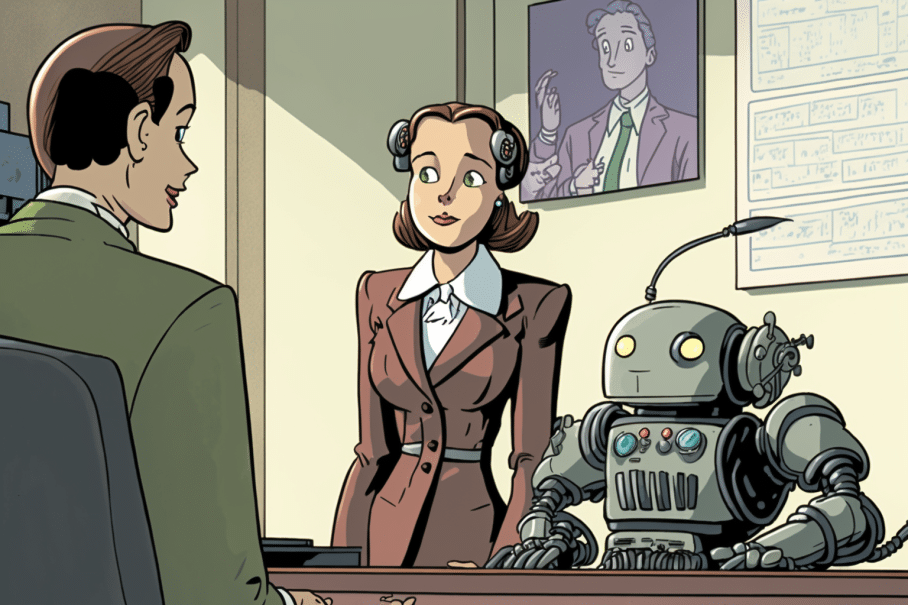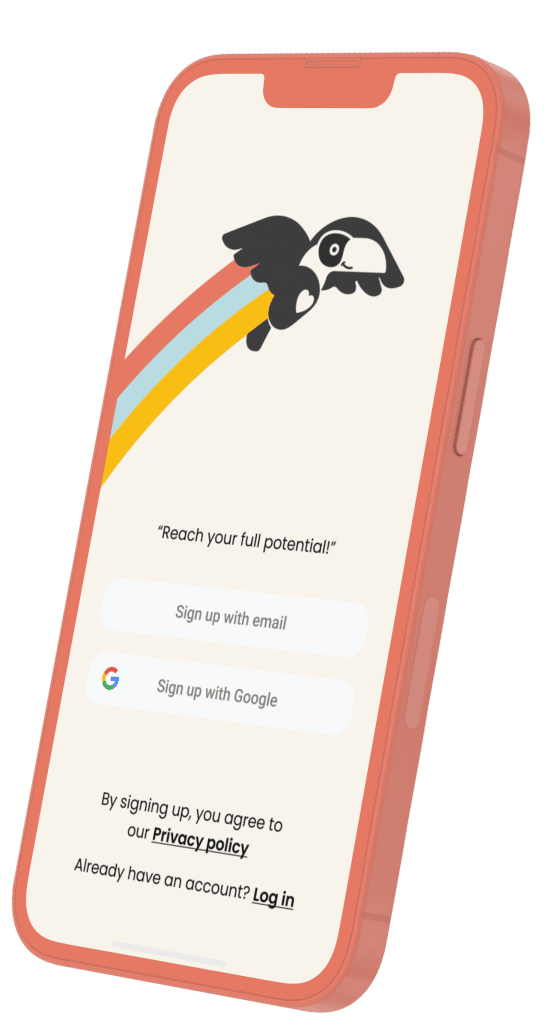Artificial intelligence (AI) has been transforming the way we live, work, and interact with each other. From personal assistants to self-driving cars, AI has brought remarkable changes in various industries. But recently, AI has taken on one more important role – as a recruiter. That’s right, one of the most prominent areas where AI is making a significant impact is the hir
ing process.
How can Artificial Intelligence help the hiring process?
In today’s fast-paced world, where businesses face tough competition and high recruitment costs, AI-based hiring solutions offer a more efficient, accurate, and cost-effective alternative to traditional recruitment methods.
These innovative tools use AI algorithms to analyze large volumes of data and automate different stages of the hiring process, from job posting to candidate screening and selection.
By leveraging Artificial intelligence and its solutions, companies can improve their recruitment process, reduce human bias, and improve the quality of their hires.
Artificial Intelligence can help you analyze job descriptions and resumes, provide you with machine learning algorithms to identify the most qualified candidates, and predictive analytics to forecast candidate performance. The opportunities are endless.
Let’s dive into what exact areas AI can help you improve in within the hiring process and what tools are most commonly used to achieve this.
How AI can improve each stage of the hiring processes
Candidate Sourcing
Picking out the right job candidates within hundreds of job applications can be a real challenge.
According to Glassdoor, 76% of hiring managers admitted trying to pick out the right candidate is one of their greatest challenges.
AI can help you in this and automate the process of candidate sourcing by scanning multiple databases and platforms to find potential candidates who match the job requirements.
AI can also help overcome human biases in recruiting.
It can help recruiters write more inclusive job descriptions, by analyzing language trends and putting more emphasis on words evolving around gender, race, or age.
The idea is to educate the algorithm to overlook additional identifying information that can lead to biased conclusions and to instruct it on data that appears to be gender-neutral.
The candidate pool that a business receives may be far more diverse than it would be if the Employee had done the recruiting.
Screening Process
hiring data from the past can be analyzed by AI algorithms to spot trends and determine which applicants are most likely to succeed in a certain position.
With the use of qualifications, past employment history, and length of time spent in each position, AI can filter the best candidates according to the employer’s preferences. This facilitates the process of making better judgments by matching candidates with particular needs and organizational culture.
If the employer also conducts personality/emotionality assessments during the screening process, this data can also be examined by the AI system to further refine the suggested applicants that are both professionally and personally fitting for their potential team.
According to PeopleHum, a company that started using virtual job candidates assessment, they were able to shortlist candidates quickly, allowing the company to process over one million applicants per year.
How it works you ask?
Applicants enter a job simulation where they are able to virtually try out some tasks they would potentially do within the company.
Based on their performance and task completion, they might be invited to the next stage of the hiring process.
Pretty cool, right?
Interviewing
Once you have your shortlist of the top candidates for the position you are looking to fill in, chatbots can assist you with scheduling interviews.
If you choose to do so, you can even do a middle-stage automated interview before inviting a candidate to come in person. Applicants can answer a series of preset questions and AI tools can asses their facial expressions, tone of voice, and emotional intelligence in general.
This can help you choose candidates that best fit your company culture.
No wonder big companies such as Google, Facebook, and Apple are already using these sorts of tools in their hiring processes.
Onboarding
At last, you have your perfect candidate picked out and ready to join the company.
AI can assist you here by streamlining the onboarding process by automating paperwork, setting up training sessions, and providing new hires with relevant information about their role and the company.
AI-driven tools can ensure that all new hires receive copies of the documents outlining corporate regulations and login details.
They can plan meetings to go through the information further as needed, ask for an electronic signature, and track when papers have been read and signed.
The best part is, new employees can start with their training and onboarding anytime and anywhere.
This allows HR departments to focus on other tasks that require a human touch and that can’t be done outside of their business hours.
Why should I or my company use AI in the hiring process?
Still not convinced?
In a nutshell, if you’re looking for a more efficient, effective, and unbiased way to find and hire the best candidates for your open positions, then AI-powered hiring solutions are the way to go.
These innovative tools can help you streamline your recruitment process, reduce human bias, and enhance the quality of your hires.
By automating different stages of the hiring process, from job posting to candidate selection, AI can save you time and money while ensuring that you find the most qualified candidates for your roles.
With the potential benefits of AI in the hiring process being significant, it’s worth considering using these innovative solutions to gain a competitive advantage in the marketplace.
Potential concerns about using AI in the hiring process
However, we also have to mention there are some concerns about the use of AI in the hiring process, particularly around the issue of bias.
For instance, if AI is trained on biased data or if the algorithms are not designed to detect and correct for bias, the hiring process could become more discriminatory.
This underscores the need for companies to approach AI-based hiring solutions with caution and ensure that they are designed to promote fairness and diversity.
Conclusion
Despite potential challenges, the benefits of AI in the hiring process are significant.
AI-based hiring solutions offer a way for businesses to recruit the best candidates in a more efficient, effective, and unbiased manner.
By automating manual tasks in the hiring process, AI can free up recruiters to focus on what they do best: understanding candidates and making informed hiring decisions.
With AI taking care of tasks like resume screening and initial candidate interviews, recruiters can spend more time engaging with candidates and understanding their personalities, motivations, and cultural fit.
This can help recruiters make more accurate hiring decisions and ensure that they find candidates who not only have the right skills and experience but also align with the company’s values and culture.
As such, Artificial intelligence is likely to play an increasingly important role in the future of recruitment.
Ultimately, AI can help recruiters become more efficient and effective in their roles. It can enable them to build stronger, more diverse, and more successful teams.



